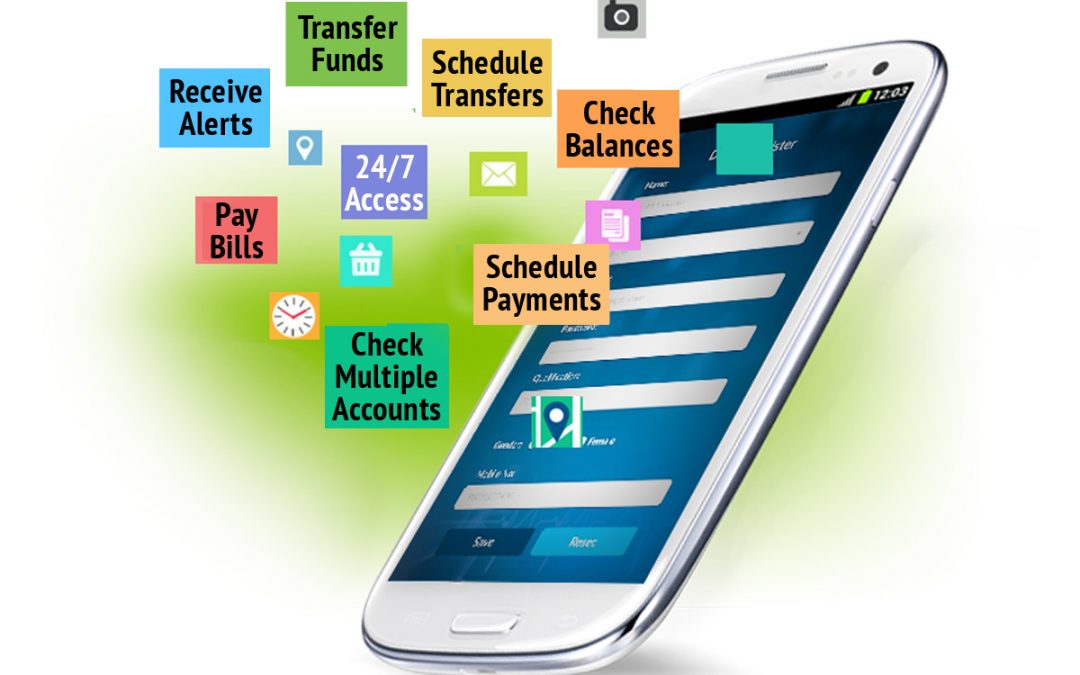It is no surprise to me that Southeast Asians love their mobile phones. But what is surprising is how much! According to a 2018 report, Southeast Asians’ 141% mobile connectivity rate is among the highest in the world, beating hands down the North Americans (103%), Western Europeans (119%) and even their East Asian cousins (103%).
Within the region, Cambodians lead the pack with a mobile penetration rate of 181%. This number suggests that nearly every Cambodian owns two mobile phones! In reality, penetration rates are much higher among urbanites, but even in rural areas, penetration has increased by 20% in the last two years alone.
While nowhere close to this pace of growth, the number of banked Cambodians has also grown. About 4% of the population had a bank account back in 2011, compared to about a quarter of the population today. This is still a low number relative to other markets, but in the current digital age, I would argue that account ownership may be becoming a less relevant measure of financial inclusion. Rather, according to the country’s financial regulator, 71% of Cambodians now have access to financial services.
I credit Cambodian fintechs and digital banks for much of this trend. Similar to other developing markets, digibank Wing Cambodia gained a place in the hearts and wallets of Cambodian society by offering town dwellers an easy and low-cost way to transfer money to their families living in the countryside.
Importantly, Wing offers the mechanism of a one-time code for such transfers. This requires users to download their app, but without the need to formally open a bank account. Similarly, local fintech Pi Pay’s app uses QR code technology to facilitate cashless payments, without a bank signup. In nine months, the company has seen 160,000 downloads of its app.
These innovations sidestep FIs’ standard onboarding processes. But the data generated provide invaluable insight into the user, including identity verification and creditworthiness, which then serve as a conduit for other financial services. Mainstream banks have yet to embrace the concept, but notably, smaller player PPC Bank is testing the waters with a non-account mobile phone transfer service.
Today, technological developments mean markets like Cambodia have an opportunity to build financial inclusivity without financial bureaucracy. Advances in data technology allow FIs to offer high quality, personalized services to low income individuals without sacrificing on KYC standards and other regulatory protections. There is really no excuse for even the poorest rural communities to be excluded from basic financial services.
Navin Suri, CEO

